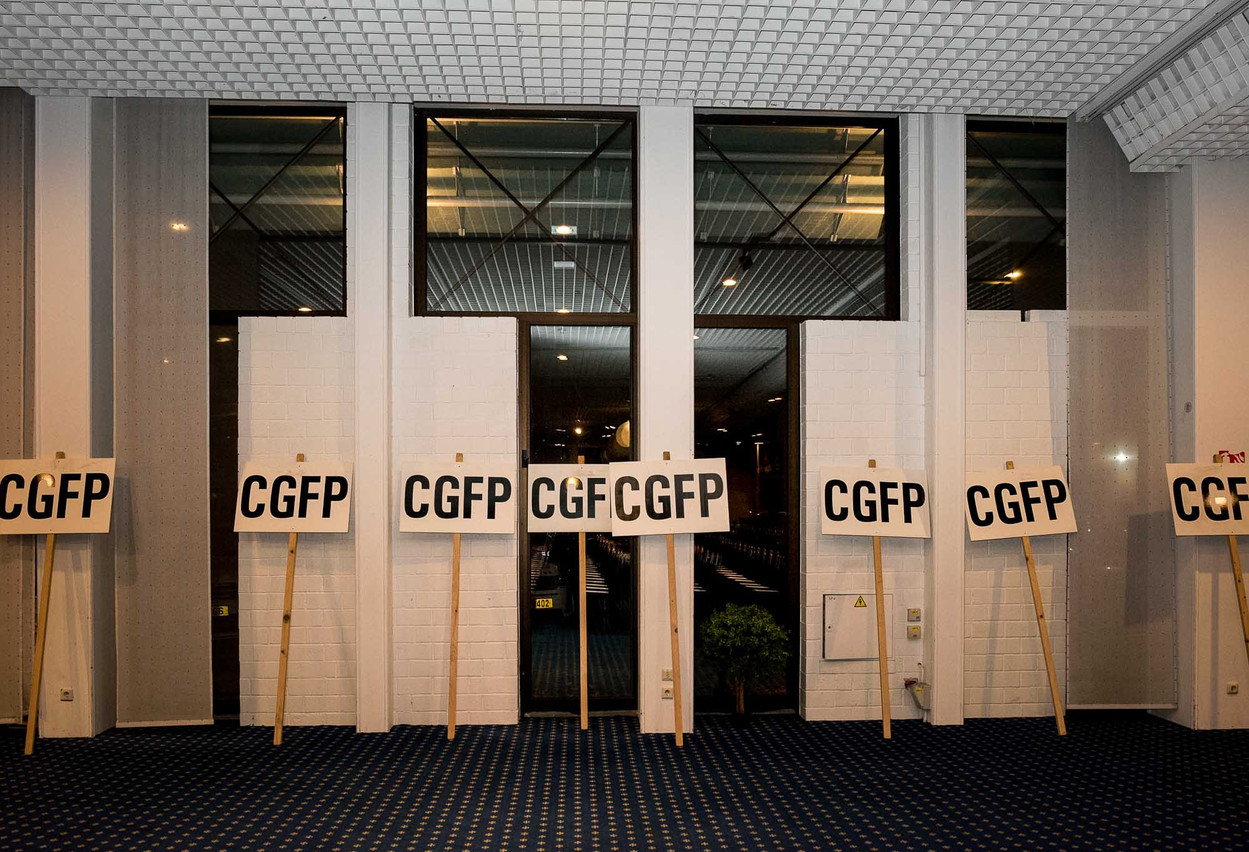It is the red flag that must not be waved in front of the CGFP civil service union: the assessment of civil servants.
Appraisals disappeared for the civil service when the last pay agreements were negotiated in December 2022 and reappeared, in part, for the military in the Armed Forces Act 2023. More specifically, in article 32 of the current law, which came into force on 10 August 2023. The union a conciliation procedure against the government earlier this year, arguing that this legislative provision violated the pay agreement that was struck. Without waiting for the end of this procedure--an initial meeting of the conciliation board is scheduled for Tuesday 5 December--the CGFP is calling on the new government to abolish this measure.
Read also
The union’s federation president, , sees this as “a test of the government’s credibility”. “The abolition of the appraisal system throughout the civil service is one of the central elements, and of the utmost importance to the CGFP”, he hammered home to his troops.
The CGFP wants greater tax fairness...
The union’s second concern is tax reform. Rather tax reforms, to be more precise. Before he was officially named prime minister, the CGFP had asked to do away with tax class 1A, and to bring the tax scale into line with inflation. On the latter point, the CGFP was heard. On the first point, Wolff is concerned about the time needed to implement the reform. He said that a draft bill “in 2026 means a vote in 2028,” which is too long for him.
Above all, the CGFP is calling for “greater tax fairness”. “Capital is still taxed too little and labour too much, and unfortunately this does not seem to be changing under the new government”” said Wolff, who pointed out that in 2002 the tax burden was shared equally between companies and individuals. “Today, the ratio is 75% on individuals and 25% on legal entities. “It’s high time that at least the big companies, considered to be the mega-beneficiaries, paid at least a reasonable minimum of tax.”
... and rejects all forms of austerity
Secretary general Steve Heiliger supports his president on these points. What moves him in particular is the relative vagueness of the government’s programme, particularly as regards its funding. And he warned: “Austerity measures at the expense of households will not be possible with the CGFP.” On the other hand, “if the new government proceeds with a substantial tax cut for Luxembourg workers, it will be able to count on the support of the CGFP.”
Read also
When it comes to indexation--automatic rises in salaries and pension payments to keep pace with inflation--the union welcomed the reaffirmation of the principle of preserving indexation, but it is concerned that a tripartite process--a summit between government, business and labour stakeholders--will be required if more than one deadline falls each year, and is calling for “automatic, full and systematic adjustment of tax brackets to [match] inflation”.
Plea for an attractive civil service
Heiliger then reaffirmed the “need for a strong civil service in the future to meet the challenges of tomorrow”. This will require “measures to make the public service more attractive in the long term”. These measures include an attractive pay policy “in the face of competition from the private sector”, a clear framework for teleworking, harmonisation of lower-level careers and the introduction of a supplementary pension scheme.
“As the CGFP, we will continue to treat this government with respect, but also with determination to defend the interests of the public service and the people of Luxembourg.”
Originally published in French by and translated for Delano
